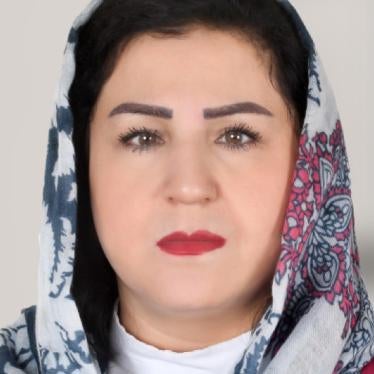Today is International Day of Sign Languages, a day to celebrate this unique aspect of Deaf culture but also a time to reflect on the work needed to ensure greater inclusion for this community.
Sign language allows people who are deaf or hard of hearing to enjoy rights just like anyone else, they are able to learn, work, and socialize.
Sign language uses hand positions and movement to communicate and has existed for centuries. There are 71 countries that recognize sign language as part of their legal framework and about 300 sign languages in the world.
Around 70 million people are deaf globally, many of whom identify proudly as members of the Deaf community. Some are born deaf, some grow up in communities inheriting sign language from parents, some use sign language as a primary form of communication among members. Deaf culture is diverse and rich.
With so much of our lives online, exacerbated by the Covid-19 pandemic, people who are deaf or experience hearing loss may feel alienated from day-to-day activities, such as going to work or communicating with friends and family. They can struggle to access virtual health care and reliable information about Covid-19.
But this isolation and other barriers to basic rights is not something that’s emerged only since the pandemic.
People who are deaf or hard of hearing are often excluded from their communities, denied equal access to basic services and face stigma and violence. Students who are deaf are uprooted from families and communities because their school doesn’t offer instruction in sign language.
Erica, a deaf woman living with HIV in Uganda, did not know she was having twins when she was in labor. The nurse did not know sign language and did not instruct her to keep pushing after the delivery of her first child. Erica lost the second twin.
Tilgen, a 15-year-old boy in Kyrgyzstan, had to move away from his family and community to get an education in sign language because sign language was not taught in schools near his home.
For the Deaf community, sign language is not simply a means of communication; it’s crucial for securing basic rights and it’s a part of belonging to a community.
As the world celebrates International Day of Sign Languages, governments should ensure that the human rights of people who are deaf or hard of hearing are respected and support their equal inclusion in society.









